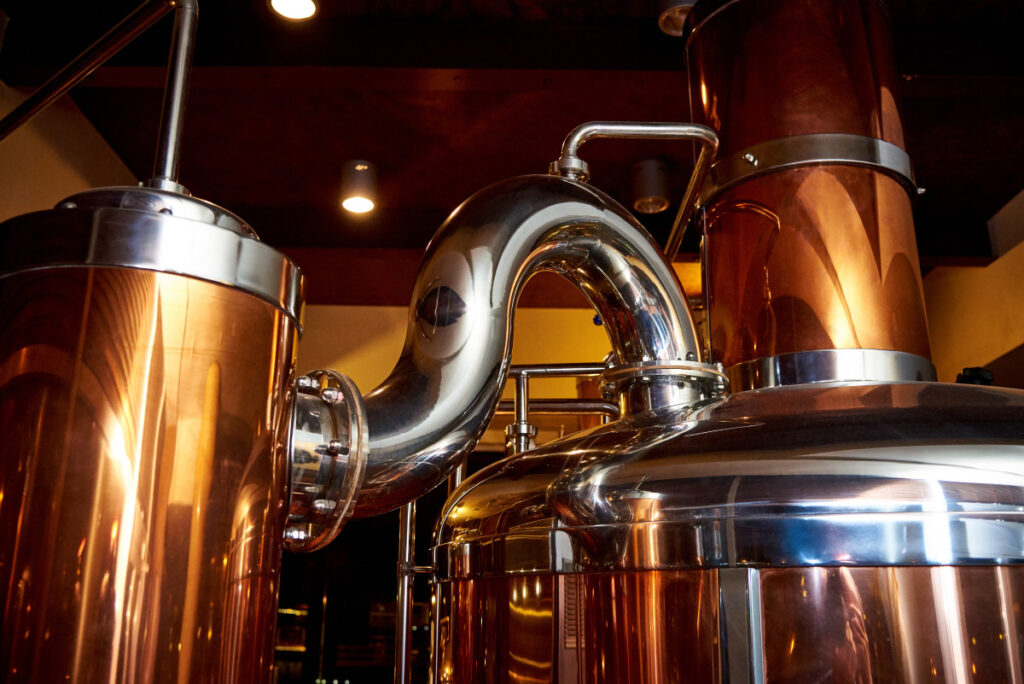
Brewery glycol chillers are essential for controlling the temperature of various processes in a brewery, particularly during fermentation and maturation. They use a glycol solution, which is circulated through a heat exchanger, to extract heat from the beer or wort. This helps to maintain the desired temperature range and ensures consistent fermentation and flavor development.
Glycol chillers provide precise temperature control for various processes, including:
- Fermentation: Maintaining optimal temperatures for yeast activity and flavor development.
- Wort cooling: Rapidly cooling wort to fermentation temperature.
- Product storage: Keeping finished beer at serving temperature.

How Glycol Chillers Work
- Glycol Circulation: A chiller pumps a glycol solution through a closed loop.
- Heat Exchange: The glycol solution flows through a heat exchanger, absorbing heat from the target substance (e.g., wort, fermenter).
- Cooling: The heated glycol is then cooled by the chiller’s refrigeration unit.
- Repeat: The cooled glycol is recirculated, continuing the cooling process.
Factors to Consider When Choosing a Glycol Chiller
- Capacity: The chiller’s cooling capacity should match the brewery’s production needs.
- Temperature Range: Ensure the chiller can reach the desired temperature for your specific processes.
- Efficiency: Look for energy-efficient models to reduce operating costs.
- Reliability: Choose a chiller from a reputable manufacturer with a good track record.
Brewery Chillers
- Alpine M Series Glycol Chillers: These are the most common type, using a glycol-water mixture as the coolant. They are efficient and reliable.